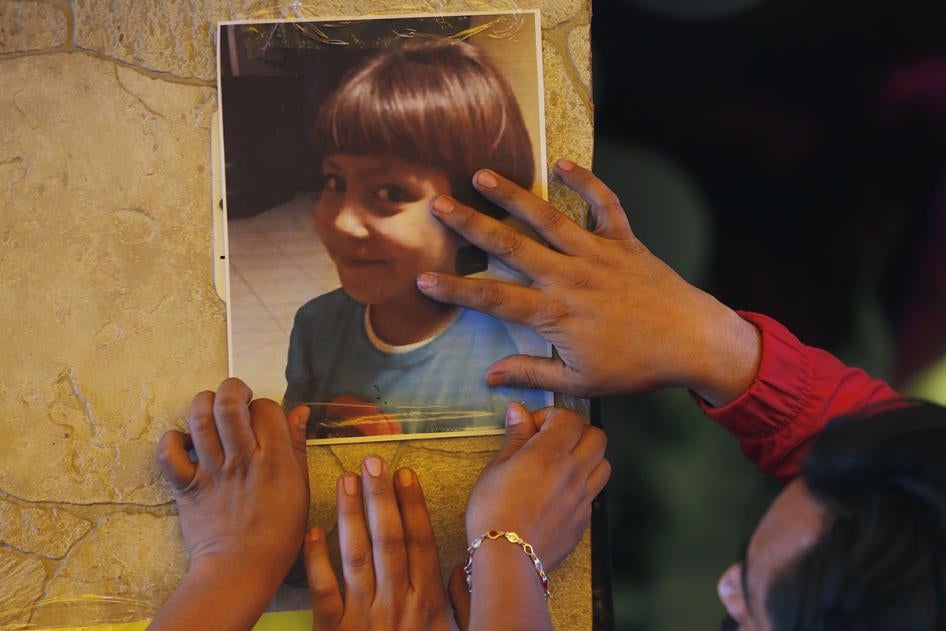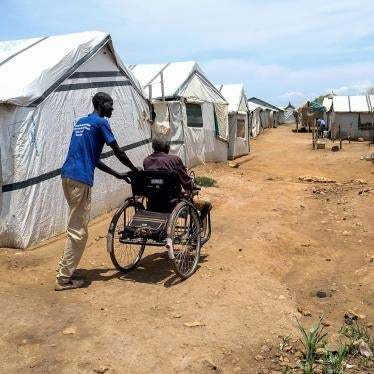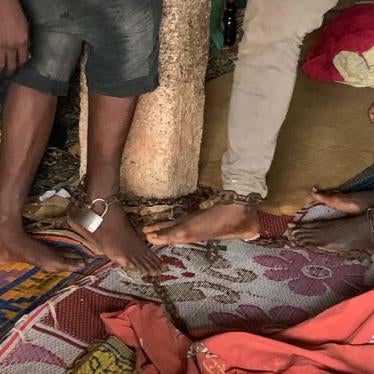On February 11, 7-year-old Fátima Cecilia went missing after school in Mexico City. Five days later, on February 15, authorities found her body which bore signs of torture. Fatima had been kidnapped, raped, and murdered.
Yet in the aftermath of this brutal crime, Mexico City’s General Prosecutor chose to reveal during a radio interview that Fátima’s mother has a “mental illness.” He raised the issue after Fatima’s mother told police the name of the man she believed to be behind her daughter’s death and the General Prosecutor said the accused man has in fact been dead for some time.
Highlighting Fátima’s bereaved mother’s actual or perceived disability appears unnecessary and unfair at this tragic moment, when authorities’ attention should be on identifying and prosecuting the person who committed this uniquely shocking crime.
Stigmatizing people for their disability can send a harmful message that those with mental health conditions might be dangerous and cannot be good parents.
People with mental health conditions have the right to raise a family, just like everyone else. Instead of pointing to the real or alleged characteristics of victims, the government should be ensuring that people with mental health conditions have the support they need to let them be the best parents they can.










